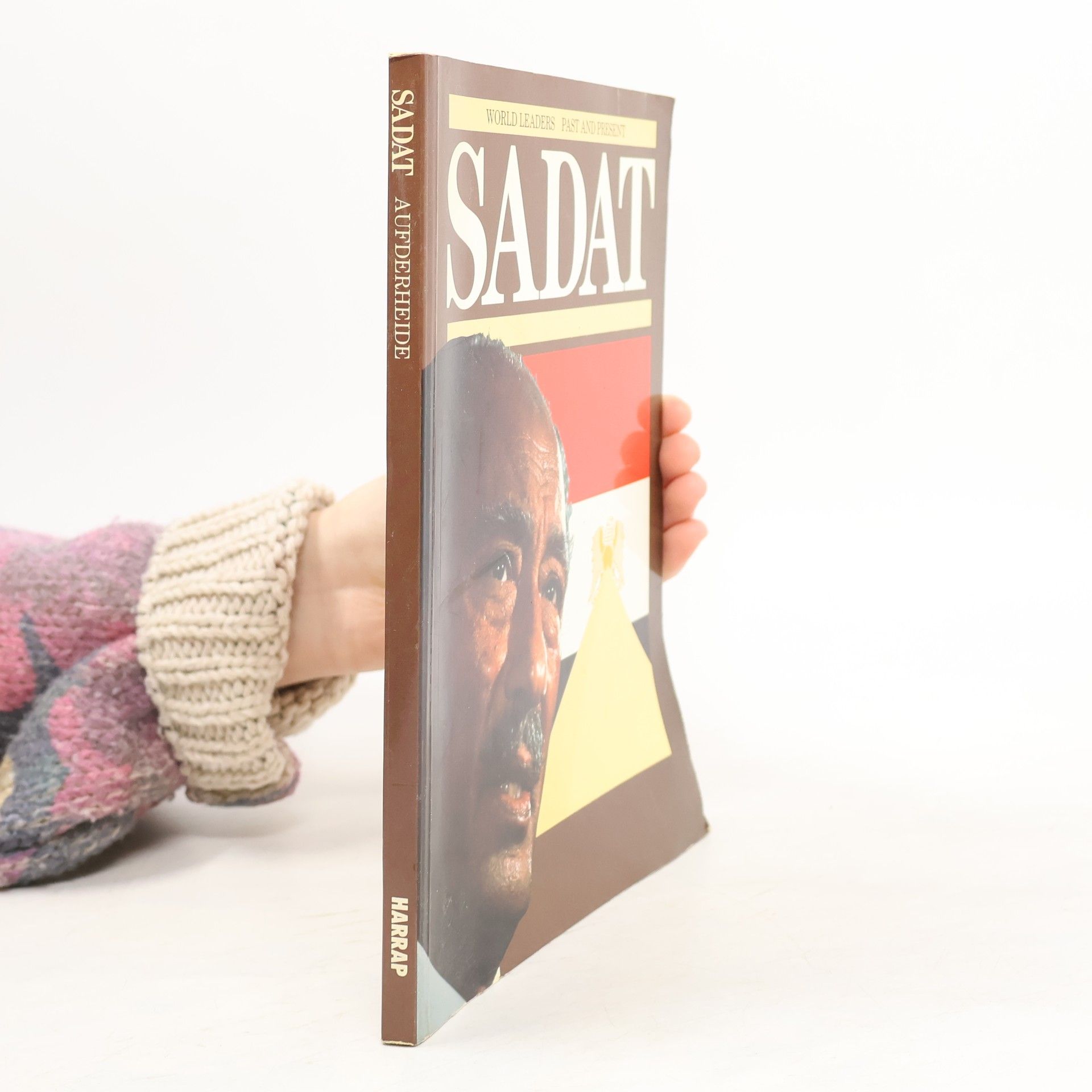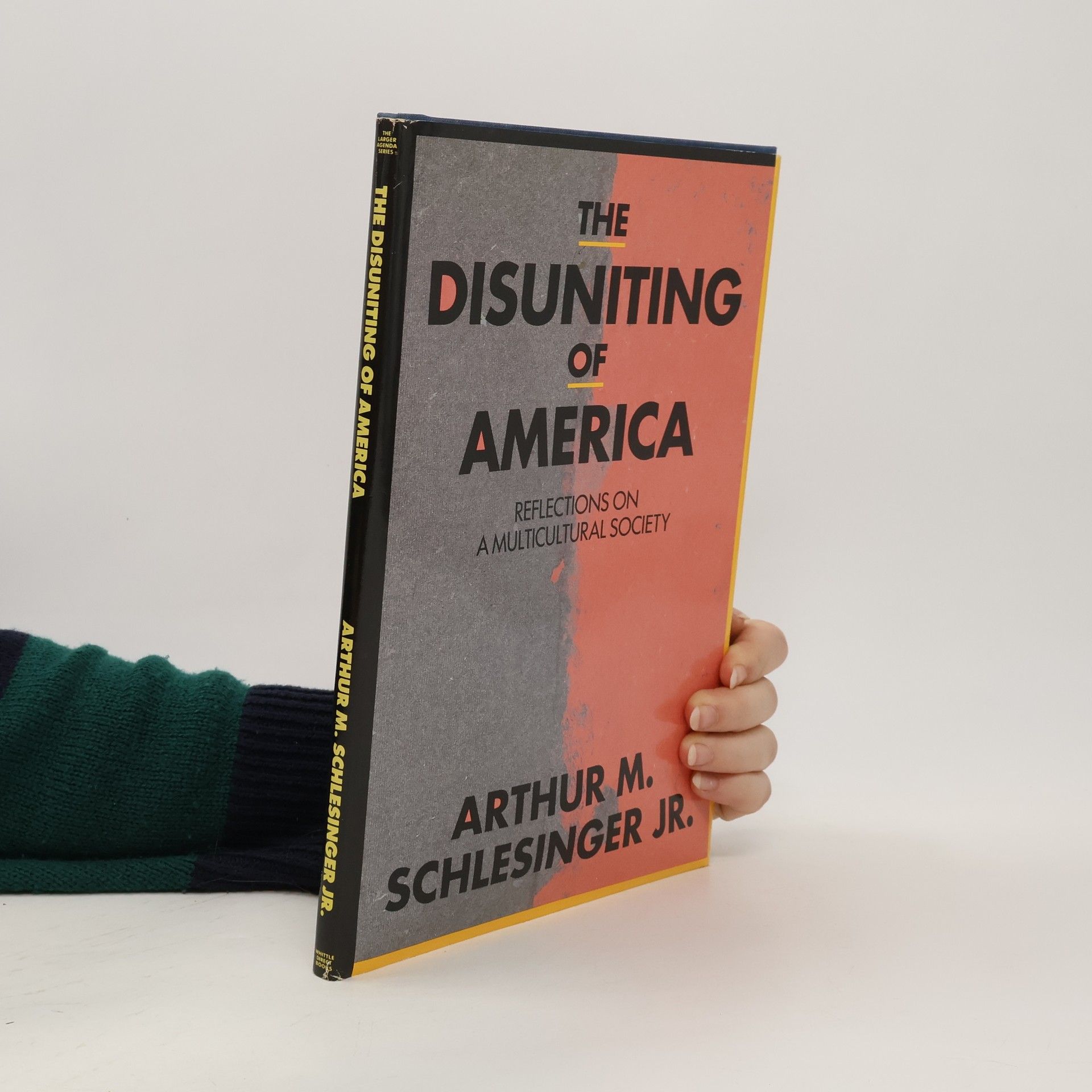An explanation of how the nation's past shapes its present and fortells its future.
Arthur Meier Schlesinger Livres
Cet historien et critique social américain était réputé pour son exploration du libéralisme au sein du leadership politique américain. Son travail s'est concentré sur la vie et les philosophies politiques de figures clés, disséquant les nuances de leur pensée et de leur impact. À travers sa lentille analytique, il a éclairé les dynamiques et l'évolution du paysage politique américain. Son héritage littéraire réside dans sa profonde compréhension des idéologies politiques et de leur manifestation historique.
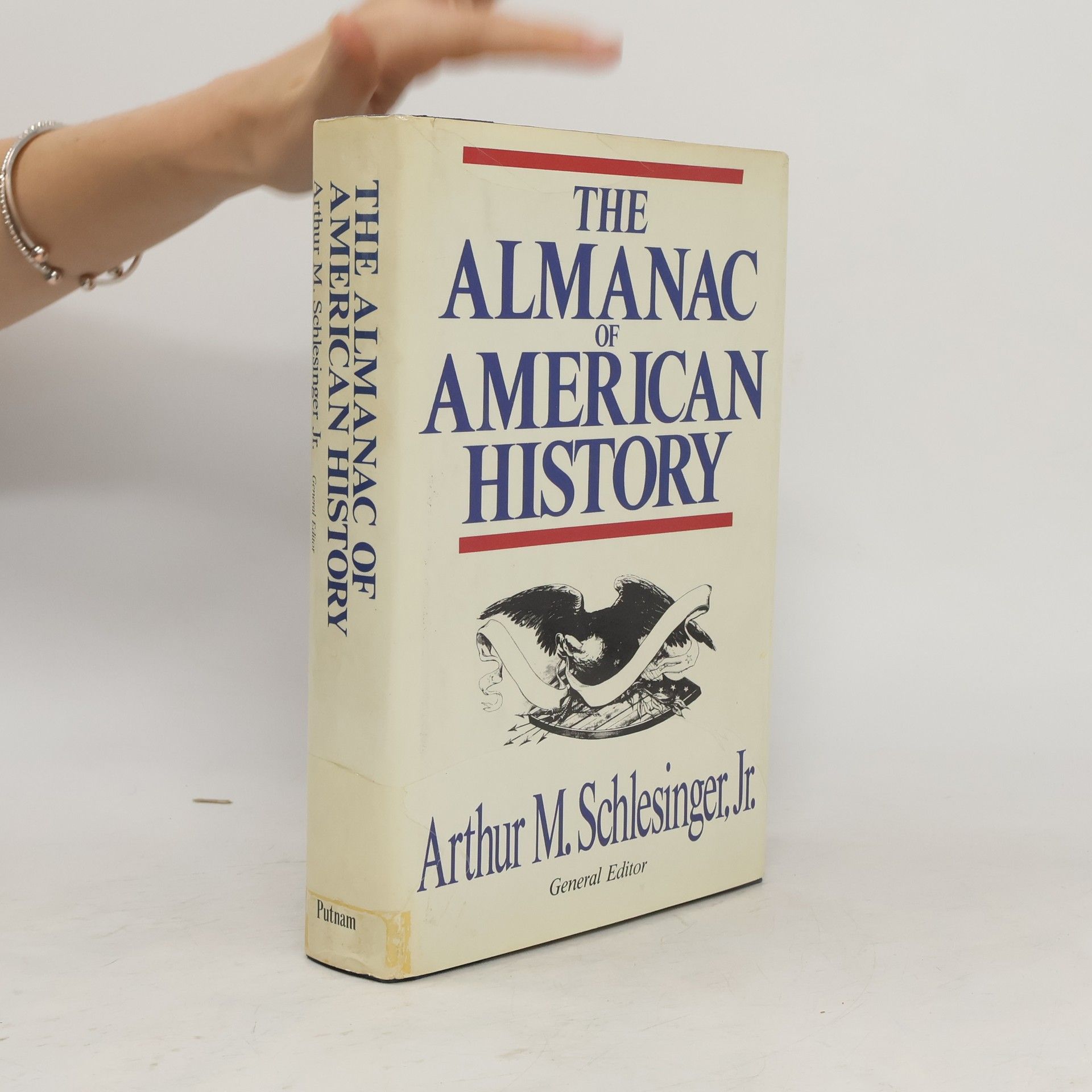
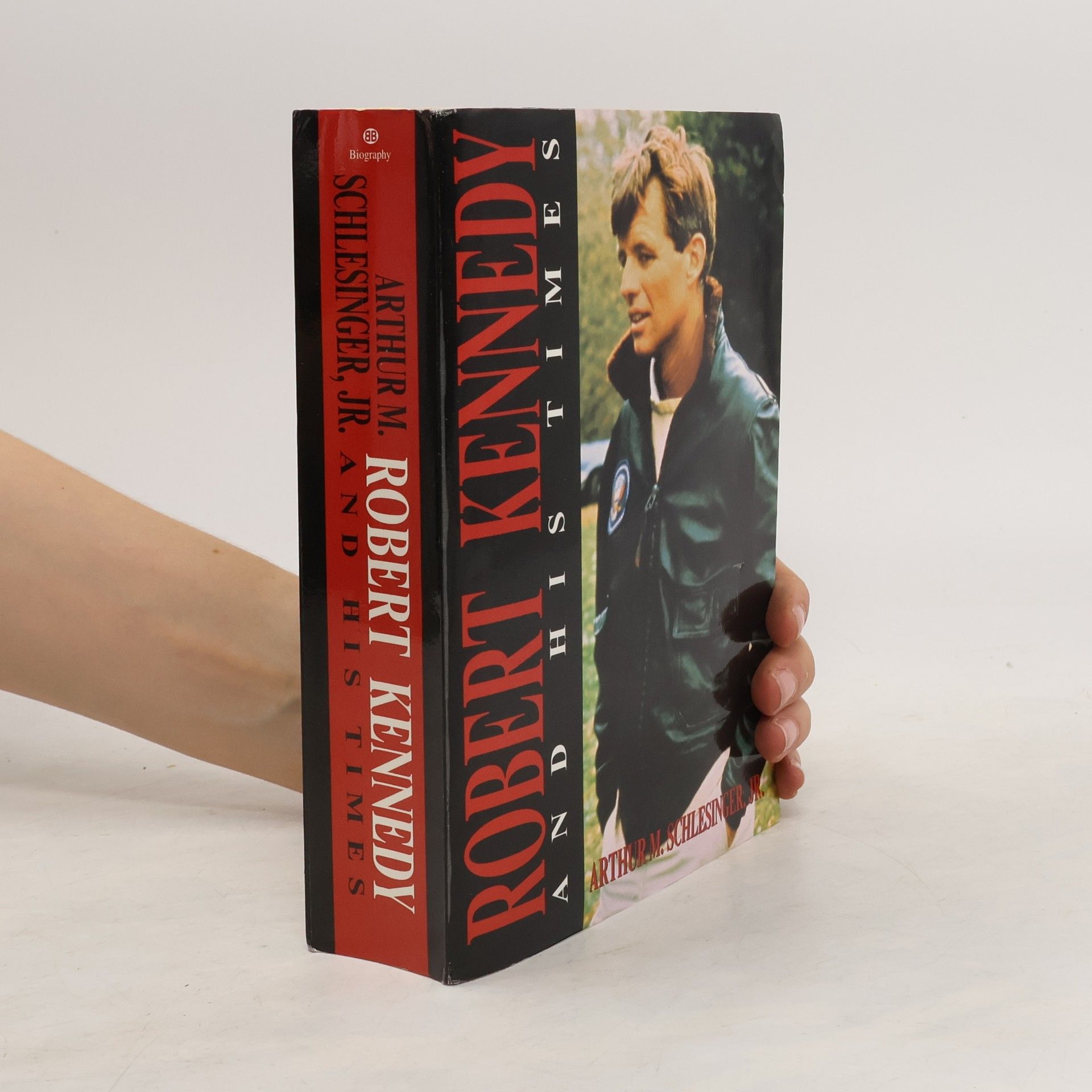
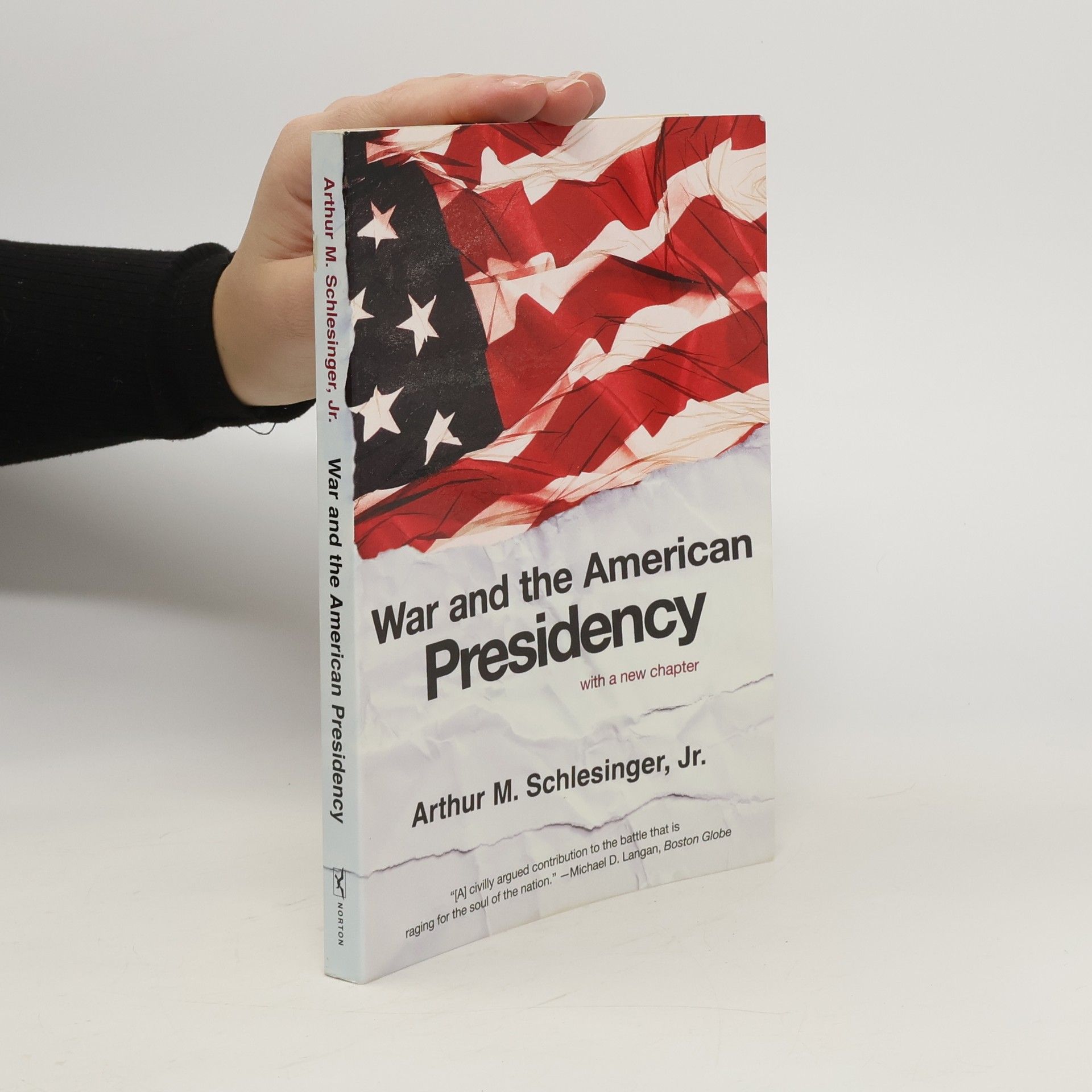
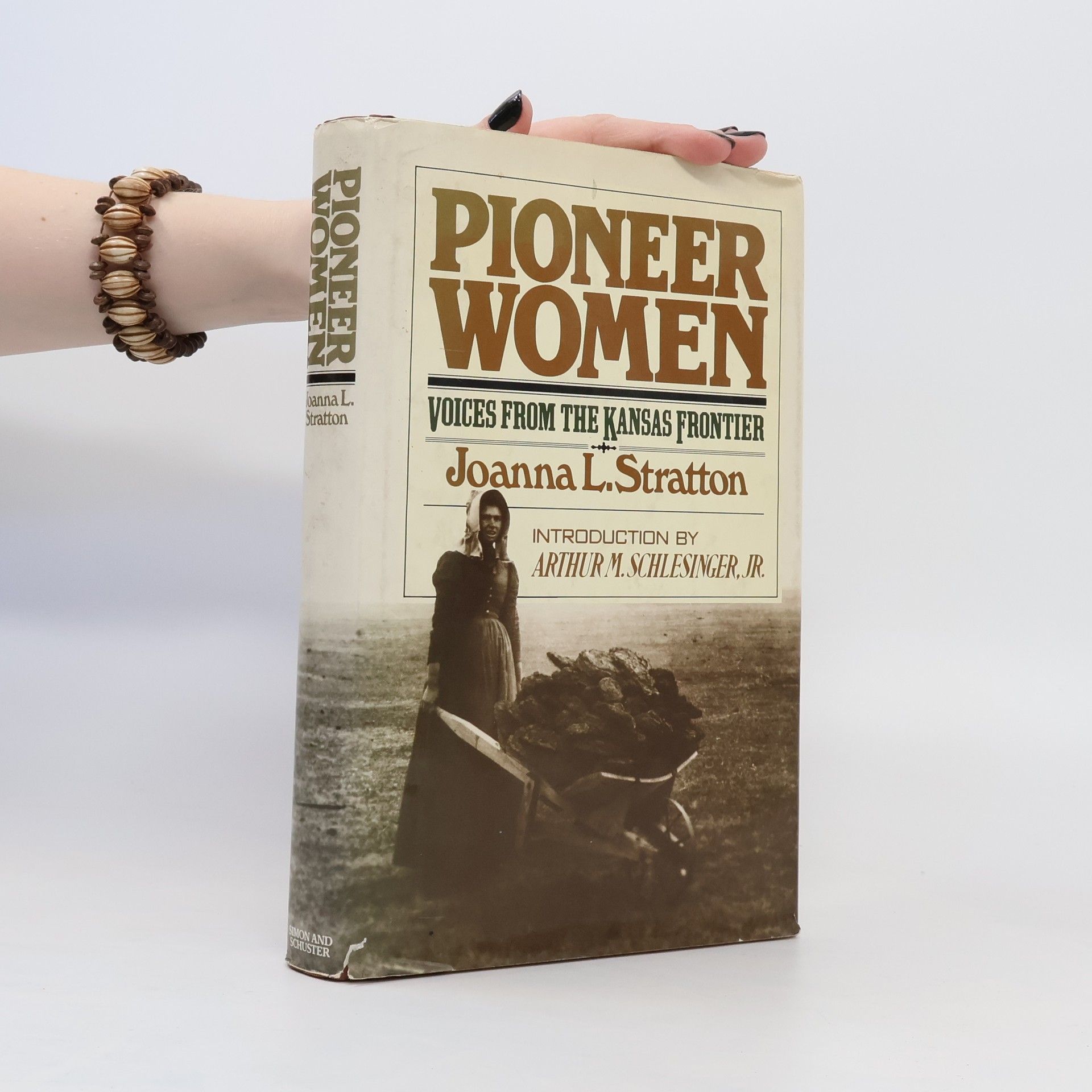
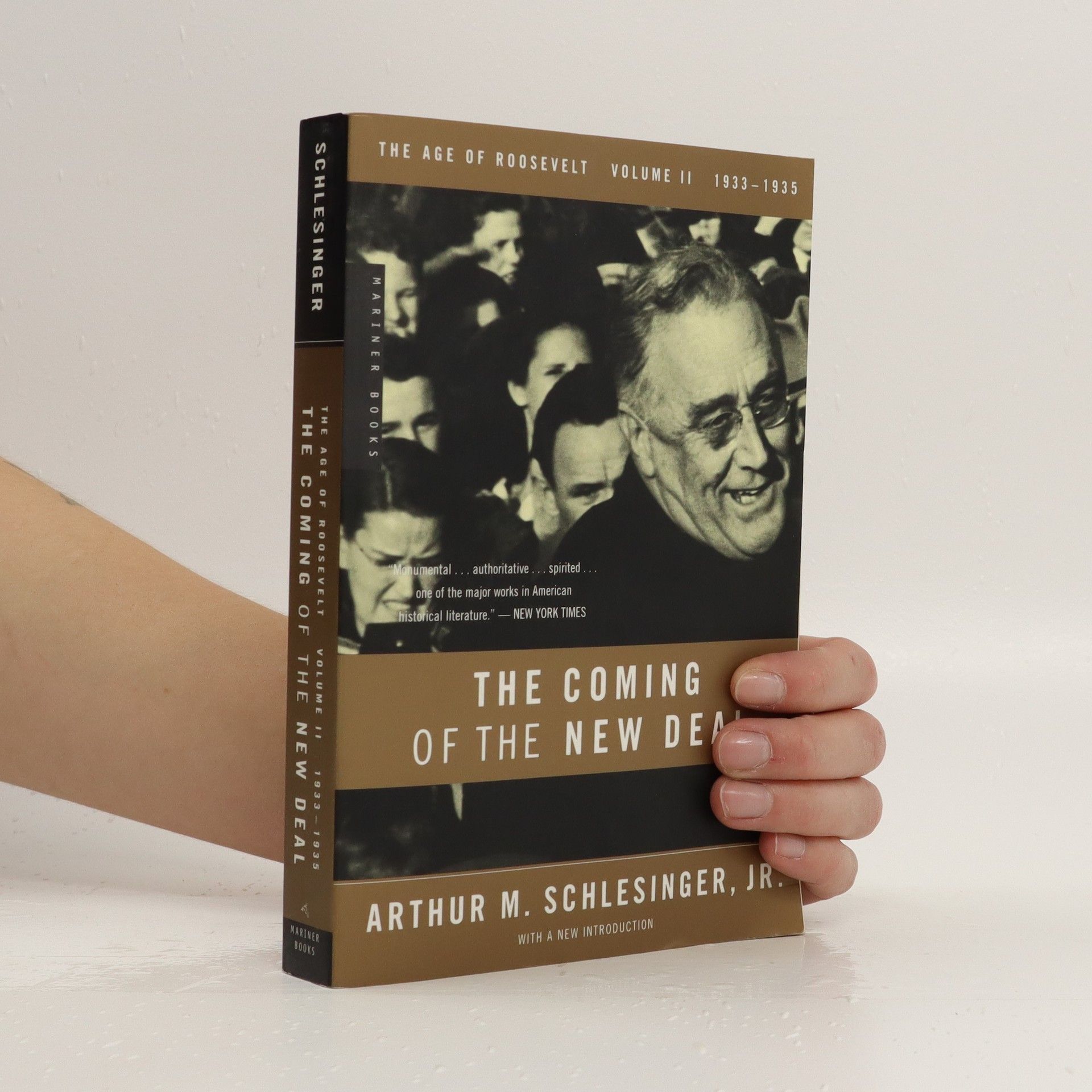
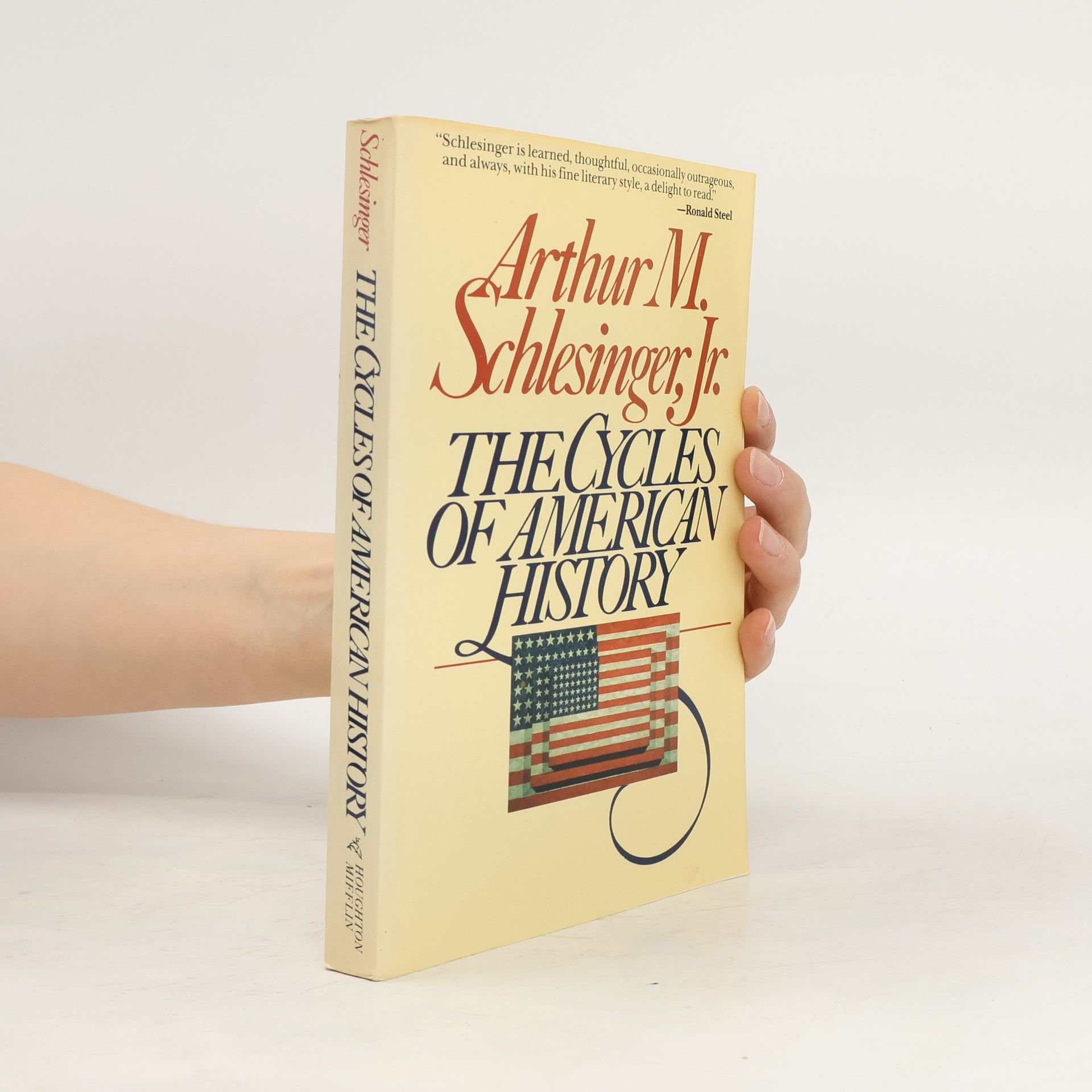
The coming of the New Deal, 1933-1935
- 688pages
- 25 heures de lecture
Portraying the United States from the Great War to the Great Depression, The Crisis of the Old Order covers the Jazz Age and the rise and fall of the cult of business. For a season, prosperity seemed permanent, but the illusion came to an end when Wall Street crashed in October 1929. Public trust in the wisdom of business leadership crashed too. With a dramatist's eye for vivid detail and a scholar's respect for accuracy, Schlesinger brings to life the era that gave rise to FDR and his New Deal and changed the public face of the United States forever.
These accounts of the daily lives of Kansas pioneer women are selected from 800 memoirs collected by the author's great-grandmother
"Historical reflections that deftly challenge the political and ideological foundations of President Bush's foreign policy."--Charles A. Kupchan, New York Times In a book that brings a magisterial command of history to the most urgent of contemporary questions, two-time Pulitzer Prize-winning historian Arthur M. Schlesinger, Jr., explores the war in Iraq, the presidency, and the future of democracy. Describing unilateralism as "the oldest doctrine in American history," Schlesinger nevertheless warns of the dangers posed by the fatal turn in U.S. policy from deterrence and containment to preventive war. He writes powerfully about George W. Bush's expansion of presidential power, reminding us nevertheless of our country's distinguished legacy of patriotism through dissent in wartime. And in a new chapter written especially for the paperback edition, he examines the historical role of religion in American politics as a background for an assessment of Bush's faith-based presidency.
Schlesinger, historian and friend of Bobby Kennedy, has had access for the first time to private papers, letters, and journals which make possible a fresh look at both personal relationships and public events. Winner of the 1979 National Book Award for Biography. "From the Paperback edition.
Noted historian Arthur Schlesinger traces the history of America from the earliest settlers to the latest statements from the White House.
World Leaders. Past and Present. Sadat
- 112pages
- 4 heures de lecture
Part of an illustrated series entitled "World Leaders Past and Present" which sets out to introduce the men and women whose ideas and actions have determined the course of history.
